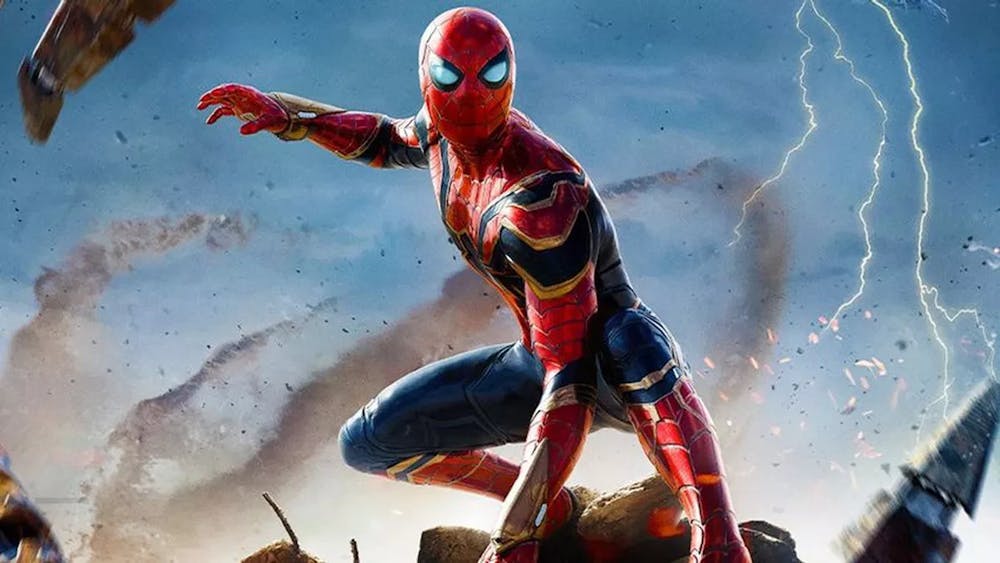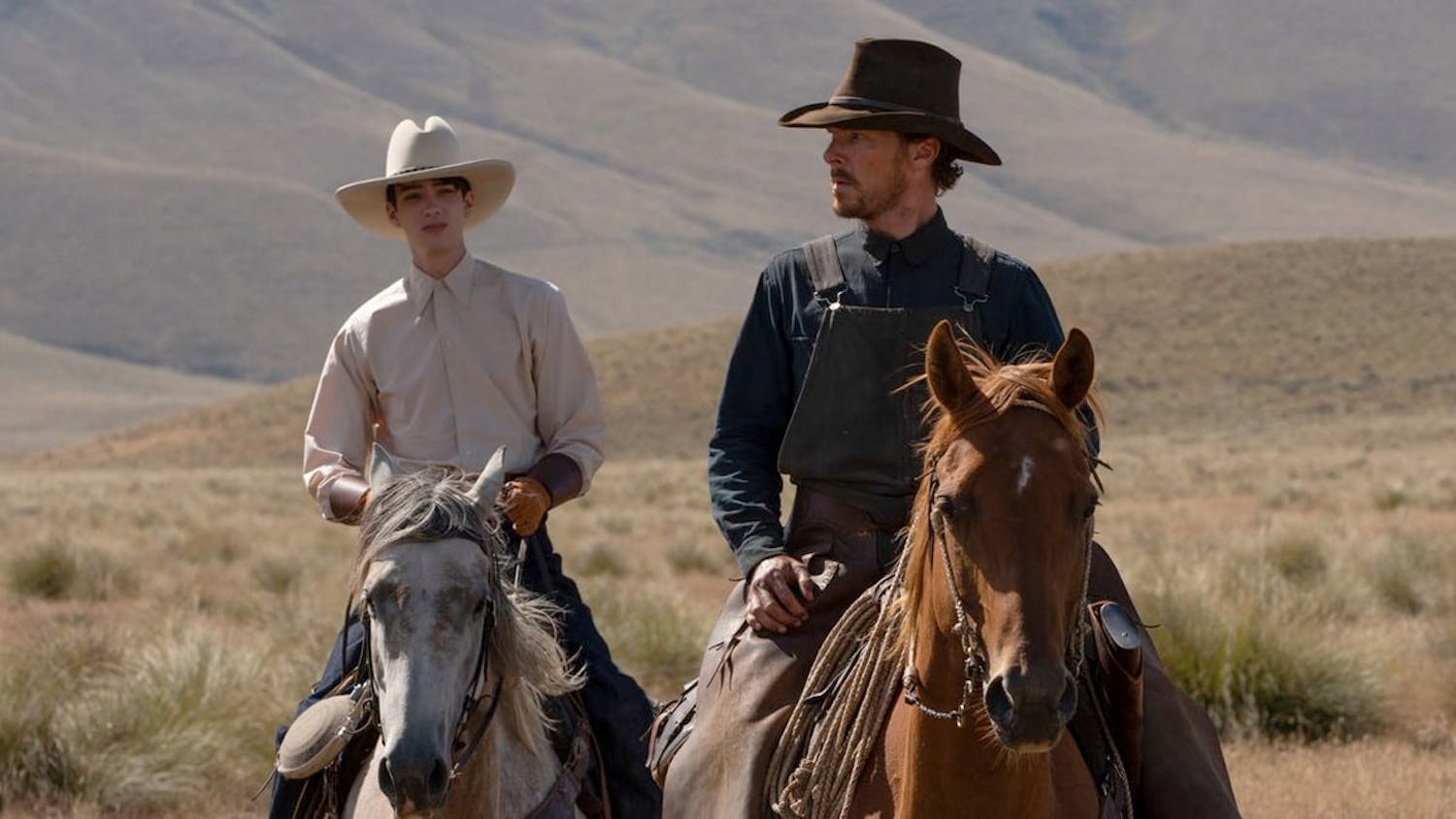Editor's Note: This article contains spoilers.
“Spider-Man: No Way Home,” the final chapter in director Jon Watts’ Marvel Cinematic Universe (MCU) trilogy starring Tom Holland as the Marvel web slinger, represents the best and worst of the modern-day blockbuster. The film spits in the face of cinematic originality, quite literally recycling characters from previous iterations of Sony Pictures’ Spider-Man property to bolster its mass appeal. In a Hollywood ecosystem overpopulated by franchises that are stifling the prospects of original films at the box office, this brazen stunt by Watts and his team is nothing less than a crime of creativity. But, boy, do they pull it off in style! Smart, intense and moving, “No Way Home” delivers an invigorating big screen experience by overcoming its crowd-pleasing contrivances with a compelling story that capitalizes on the core of the Spider-Man mythos.
Opening in the immediate aftermath of 2019’s “Spider-Man: Far from Home,” “No Way Home” finds its hero framed for murder and his identity revealed to the world as high school student Peter Parker. Though Peter manages to clear his name, the fallout of his unmasking causes his friends MJ (Zendaya) and Ned (Jacob Batalon) to be unfairly denied admission to MIT because of their relation to the costumed vigilante. Remorseful about MJ and Ned’s futures being derailed because of their friendship with him, Peter visits Doctor Strange (Benedict Cumberbatch) and convinces him to cast a spell that will erase the knowledge of Spider-Man’s identity from the world. But after a series of complications during the spell’s casting, a fissure in spacetime causes villains of alternate-universe Spider-Mans to appear in Peter’s world. Now, Peter must race to return the displaced villains to their home universes, a mission that forces him to confront the true responsibility of being Spider-Man.
Marvel and Sony’s decision to make “No Way Home” a crossover movie, featuring characters from the two previous live-action versions of Spider-Man, produces an interesting side effect. The film, unlike any other MCU movie, has a distinctly transparent quality. Whether it is the reappearance of a beloved character from the past films or an existing scene from the previous storylines being reimagined in the present narrative, the audience can clearly see the filmmakers pushing the narrative buttons intended to elicit excited responses. To their credit, it works. Fans around the world came out of the theater raving about the film’s emotional, nostalgia-infused power. But something about seeing Alfred Molina’s Doctor Octopus and Willem Dafoe’s Green Goblin interact with Holland’s Spider-Man feels off. It feels like the audience had a say in the filmmaking process, allowing them to contrive the superhero movie mashup of their dreams. This medley of characters leaves long stretches of the film feeling strangely artificial.
But in what is certainly one of the movie miracles of 2021, Watts and screenwriters Chris McKenna and Erik Sommers overcome this seemingly crucial flaw by getting one thing in “Spider-Man: No Way Home” perfectly right: Spider-Man. Fans of the character will be quick to explain the meaning behind the line “With great power comes great responsibility.” This adage is featured heavily in the previous live action incarnations of Spider-Man, but it is oddly absent from the first two films of Watts’ trilogy. The line is spoken in “No Way Home,” however, and by the end of the film, it becomes clear why the director and his writers chose to save Spider-Man’s guiding principle for the trilogy’s conclusion.
More than any previous Spider-Man movie, “No Way Home” cuts to the heart of the Spider-Man mythos by making the theme of power and responsibility the foundation upon which the entire story is built. Rather than being a single line of dialogue that is dropped for mere sentimental value, the iconic quote actively shapes Peter’s character arc throughout the film. We watch him struggle to fulfill the injunction even before it is uttered as he fights to use his great power for good in the face of external opposition. Once the line is finally delivered at the end of one of the darkest, most intense fight sequences in the entire MCU, his battle becomes internal. Peter must decide what kind of hero Spider-Man is going to be, a decision that culminates in a stirring denouement fit for the movie’s reverent treatment of its main character.
What this thematic richness creates is a blockbuster film that is character-driven and narratively satisfying even as it contends with the artificiality of the massive crossover event. The result is a joyful holiday gift for Spider-Man fans everywhere.
Jack Torpey '24 (he/him) is an Arts and Culture Editor. He writes film reviews for the Reel Critic column.
Jack is studying English with a minor in Film and Media Culture. Outside The Campus, he works as a peer writing tutor at the Writing Center and is a member of the Middlebury Consulting Group.




